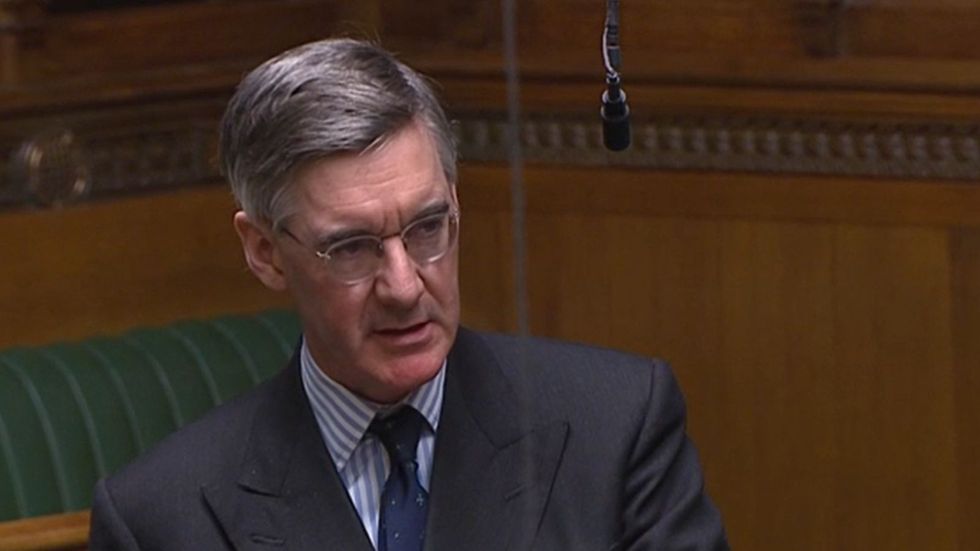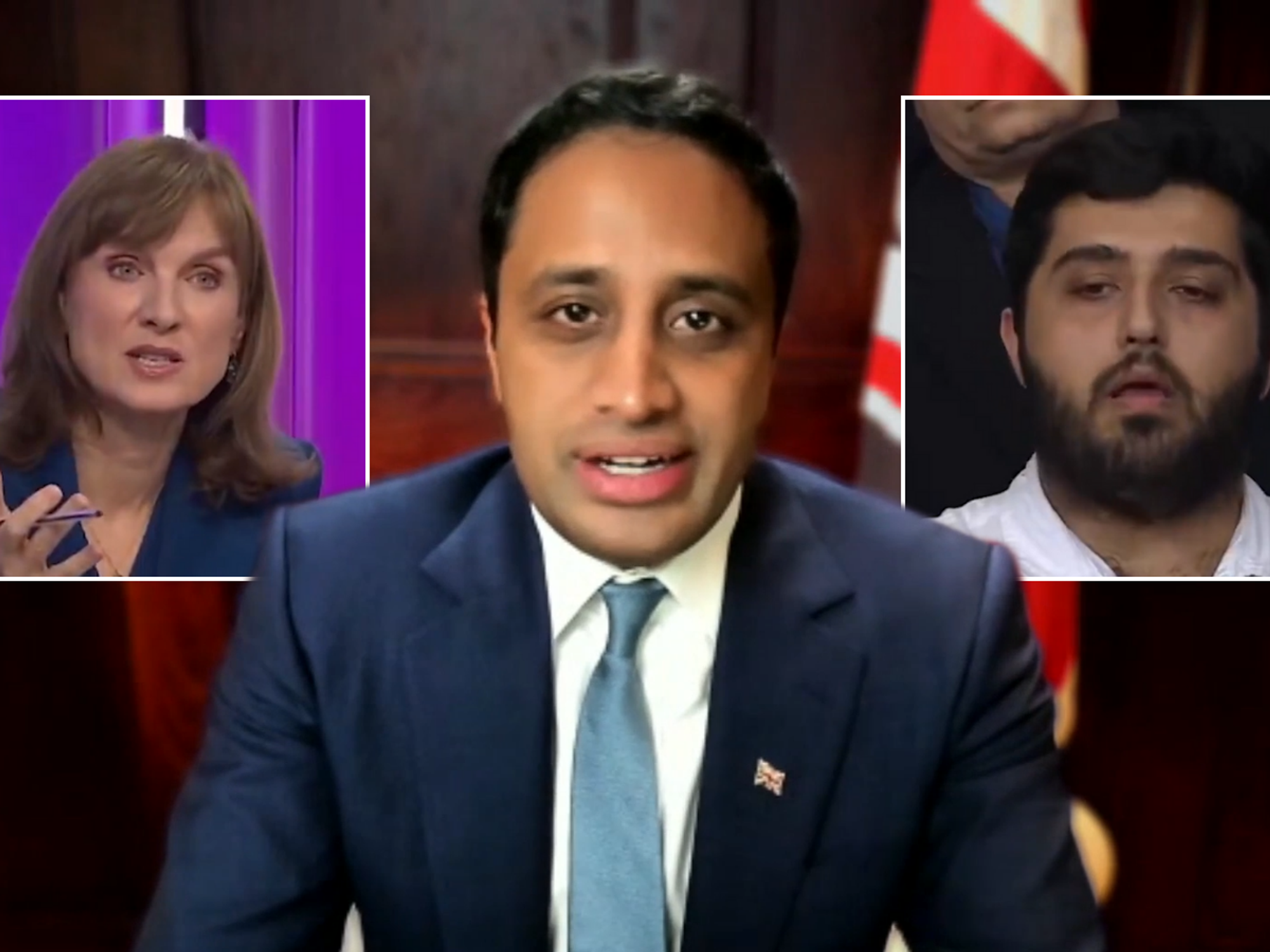Loan charge branded next scandal after tens of thousands targeted by HMRC’s tax crackdown

Tens of thousands of workers, including nurses, teachers and IT contractors, are facing huge tax bills via the loan charge
|GETTY

Tens of thousands of freelancers and agency workers have been pursued via the controversial “loan charge”
Don't Miss
Most Read
Tens of thousands of workers, including nurses, teachers and IT contractors, are facing huge tax bills from HMRC via the “loan charge”.
The tax crackdown on freelancers and agency workers, which has had devastating effects on thousands of families has been labelled as “the next Horizon scandal”.
On Thursday, MPs called for an end to the controversial “loan charge”, which has been linked to 10 suicides.
In the past, self-employed workers and contractors joined widely promoted tax-saving schemes, which meant they were paid wages via loans they would not pay back.

Sammy Wilson, Democratic Unionist Party MP for East Antrim, said: “We are looking at another Horizon scandal"
|HOUSE OF COMMONS
The schemes, which HMRC calls Disguised Remuneration (DR), meant workers avoided income tax and National Insurance. It’s claimed some people were even forced into these schemes by employers.
In 2017, Parliament passed legislation that required people using DR schemes to declare their outstanding loan balance, as at April 5, 2019, as income on their 2018 to 2019 tax returns and pay tax on it. This is known as the loan charge.
It meant HMRC demanded those who used the scheme pay tax on all the loans they had received in one go.
Those who had used the loans for years were hit with six-figure backdated tax bills, which were charged at the highest 45 per cent rate.
It’s estimated 40,000 people are still being pursued for the loan charge.
MPs debated the loan charge in the House of Commons yesterday, with some accusing HMRC of chasing the victims of these schemes because they were “easy targets” rather than pursuing the “unscrupulous” promoters.
The clampdown has affected an estimated 60,000 people, MPs were told.
Jacob Rees-Mogg, Conservative MP for North East Somerset, said: “This is a classic example of the state abusing its power through aggressive tax collection.”
Sammy Wilson, Democratic Unionist Party MP for East Antrim, said: “We are looking at another Horizon scandal.”
Mr Wilson added: “It seems that HMRC is going after those whom it regards as easy targets.
“The promoters of the scheme have not paid one penny, despite the fact that they have made hundreds of millions of pounds from the schemes, have mis-sold them and have disappeared when there is any attempt to get at them.
“The promoters are not being pursued and, indeed, HMRC has admitted that it does not intend to chase after the promoters, and yet individuals are being harassed to the point where many of them have taken their own lives.”
The Finance Act 2020 introduced a series of reforms to the loan charge following the recommendations of an independent review, chaired by Sir Amyas Morse.
LATEST DEVELOPMENTS:

Jacob Rees-Mogg said the loan charge was "aggressive tax collection"
|HOUSE OF COMMONS
The Government appointed Sir Amyas Morse to lead an independent review of the loan charge in September 2019, to consider whether it was "an appropriate way of dealing with disguised remuneration loan schemes used by individuals who entered directly into these schemes to avoid paying tax”.
The Government recognised the concerns raised in the review about the impact on individuals and fairness of some aspects of the loan charge. The Government accepted 19 out of 20 recommendations and took steps to implement the changes.
HMRC says it takes the well-being of all taxpayers very seriously and recognises that dealing with large tax liabilities can lead to significant pressure on individuals. They say they are committed to identifying and supporting customers who need extra help with their tax affairs and have made significant improvements to this service over the last few years.
HMRC urges people worried about paying what they owe to contact the department as soon as possible to discuss options.
An HMRC spokesperson said: “The loan charge seeks to recover tax that has been avoided by disguising income as loans. It is our responsibility to collect the tax that people owe.
“We take the wellbeing of all taxpayers very seriously and recognise that dealing with large tax liabilities can lead to pressure on individuals.
“The support we have in place to help people settle their previous tax avoidance includes offering payment by instalments: these arrangements are based on what the taxpayer can afford, and there’s no upper limit over how long we can spread payments. Our message to anyone who is worried about paying what they owe is: please contact us as soon as possible to talk about options.
“Above all we want to prevent people getting into these types of situations and our message is clear – if a tax scheme sounds too good to be true, it probably is.”
If you need support, Samaritans can be reached on the free helpline 116 123 or via email at jo@samaritans.org. You can visit www.samaritans.org to find your nearest branch.










